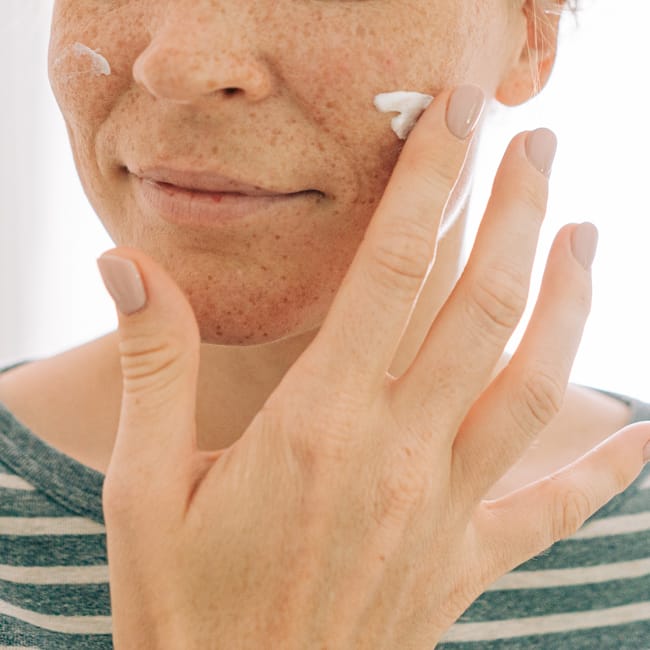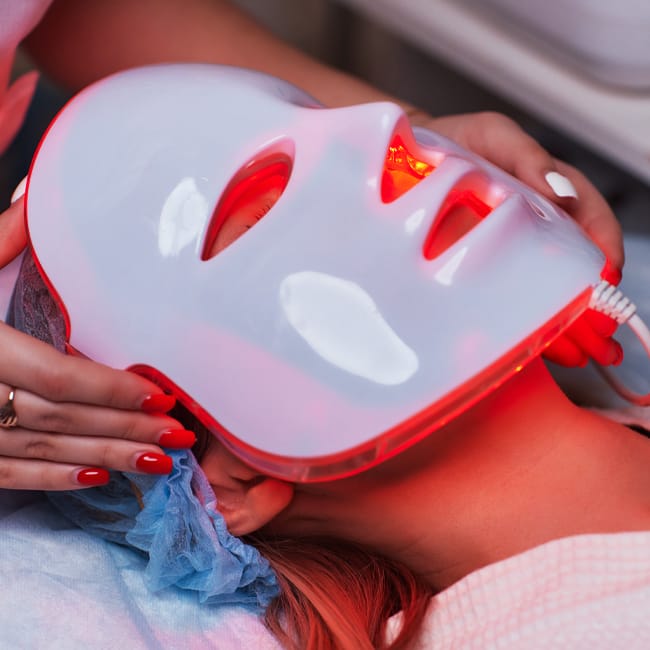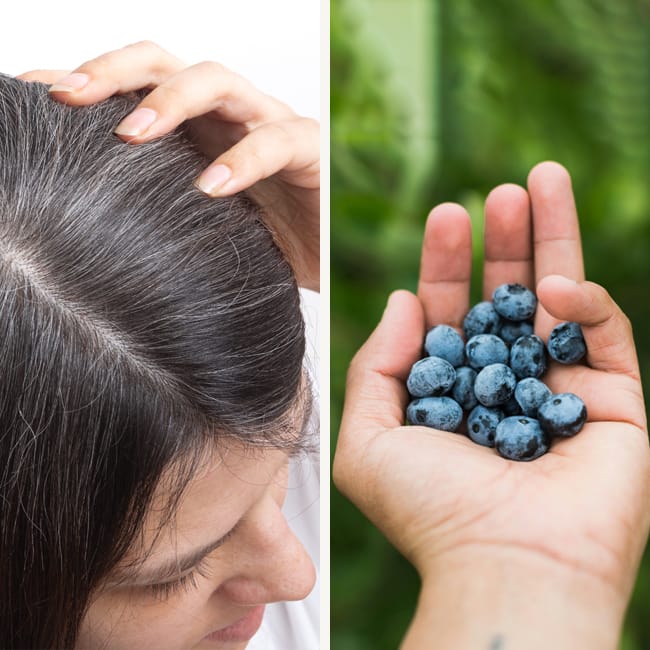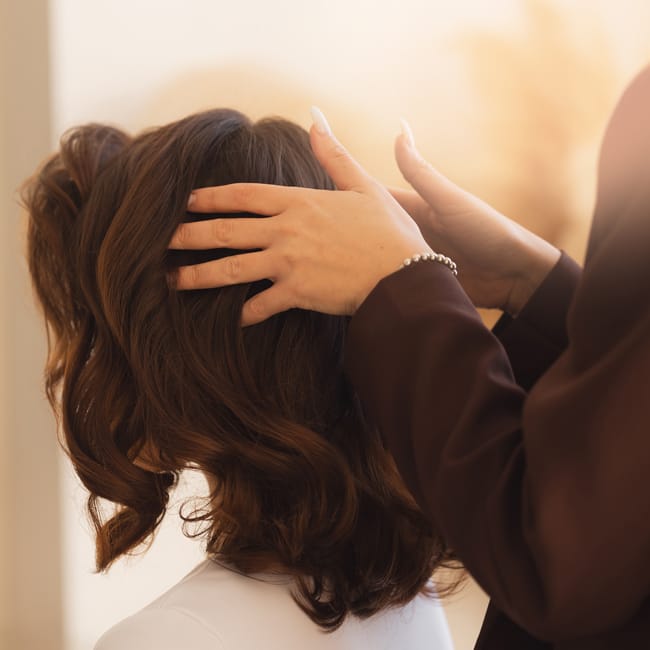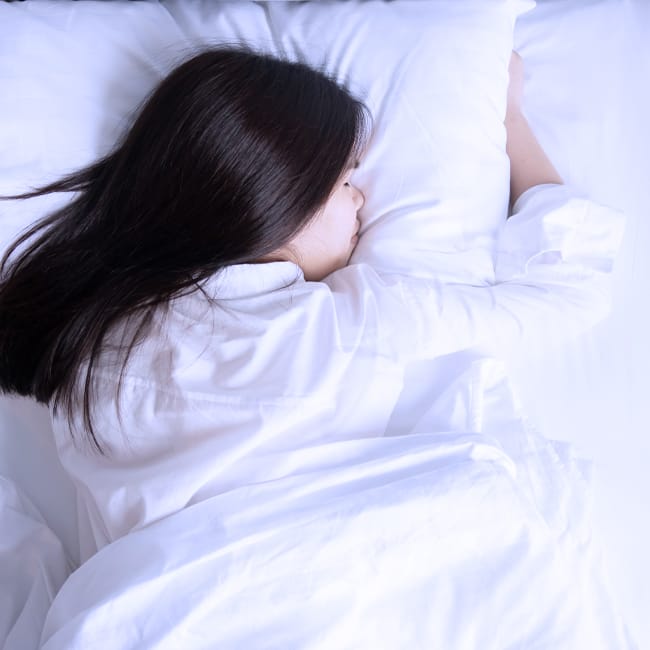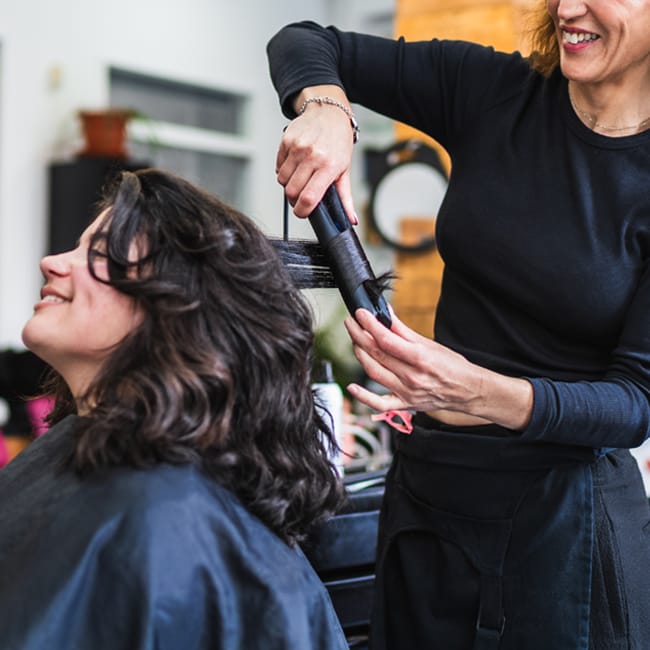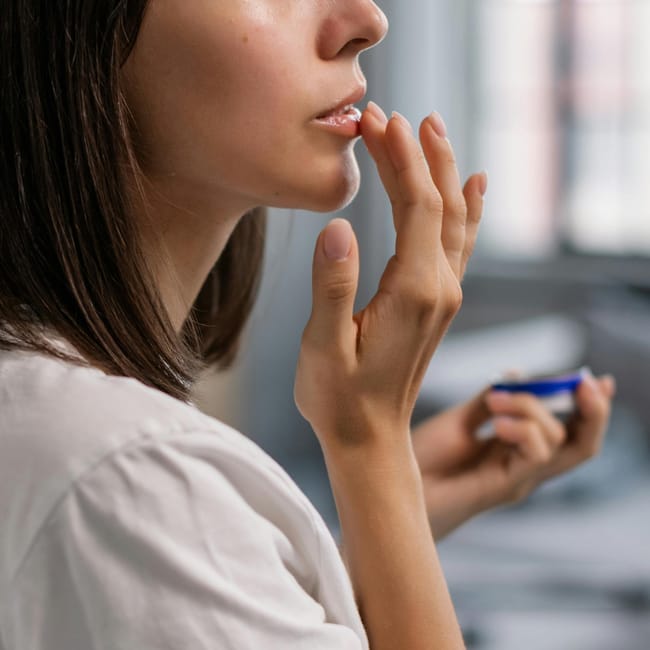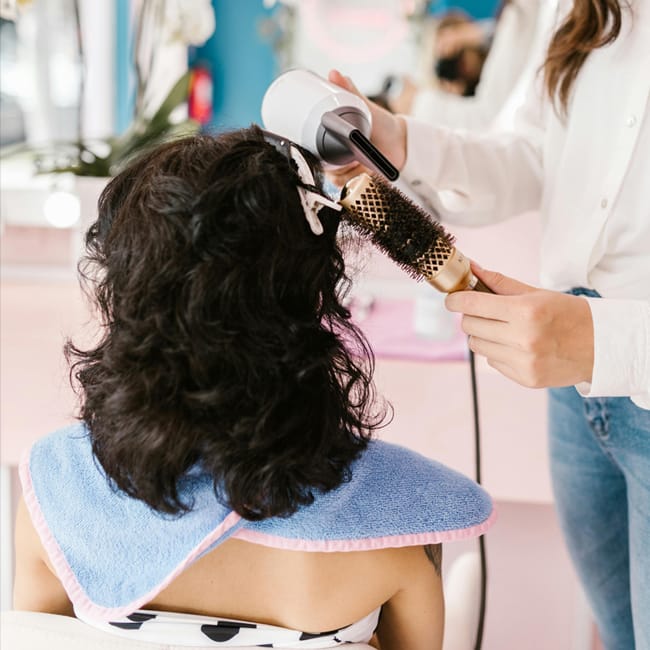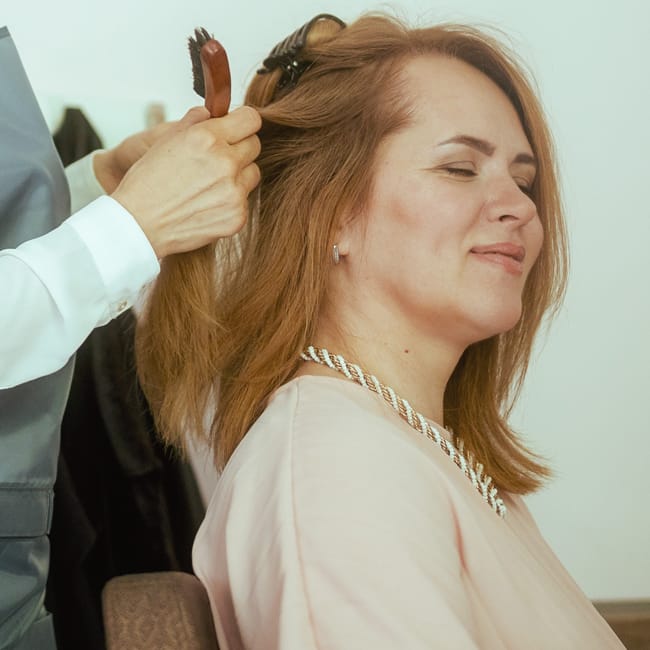Losing your hair and combating the effects of winter on your locks are concerns for many people this time of year. If you are experiencing hair loss, the main thing to worry about is destructing your hair follicles even more, and experts explain a common way this tends to happen.
Negative Effects of Tight Hairstyles
A major culprit for hair loss and thinning hair in women and female-identifying people is any kind of tight or restrictive hairstyle. Although ponytails, buns, braids, weaves and wigs can provide us with comfort and aesthetic appeal, there can be many negative effects on our hair if they are done too tightly.
We reached out to dermatologists Dr. Tabitha Craine, MD, editor at NWPH, and Dr. Lisa Rhodes, MD, of Westlake Dermatology about dangerous hairstyles for thinning hair and how to avoid them.
“Tight ponytails are one of the hairstyles to avoid if you have thinning hair,” says Craine. “Overstressing the hair by forcing it into tight ponies, buns, or clips is the biggest error someone with thinning hair can make that can worsen their issue.”
While these hairstyles may get hair out of your face easily and be incredibly tempting, both experts advise against making them super tight. “One of the worst things people can do is put in tight weaves, tight wigs, or anything that puts a lot of tension on the follicle,” Rhodes says. “That can lead to permanent destruction of the follicle.”
With many experts deeming tight hairstyles as the biggest mistake for thinning hair, there are ways we obtain these hairstyles that have negative effects as well.


Avoid Harsh Brushing
In order to put our hair up, many of us use a trusty brush or comb to smooth out knots and get a sleek look. Using a tool with too much intensity can cause hair loss and thinning, according to Dr. Daniel Boyer, MD, of Farr Institute.
"Thin hair is very weak because of its low density and is more prone to falling out compared to thicker hair," says Boyer. "This means that any inappropriate pull such as rough combing leads to more hair loss, and may also interfere with its regrowth process."
We all have to brush out our knots, which Boyer recognizes, so he advocates for a more gentle approach if you're already noticing your hair thinning or falling out.
Dr. Alan J. Parks, board-certified dermatologist and founder of Derm Warehouse seconds this tip, and stresses the importance of gentle brushing. “When your hair is already thinning, you want to avoid causing any additional breakage or causing stress to the hair, as it can lead to more hair loss,” says Parks. “Brushing on your hair aggressively, or pulling it through tangles can damage your hair and cause even more of it to fall out.”
So what can you do instead— especially when waking up with pesky knots in your thinning hair? Dermatologist Dr. Cynthia Bailey, Founder of Dr. Bailey Skin Care says that it’s most important to “treat your hair gently,” using a conditioner to detangle and a volumizing product to style that won’t contribute to further hair loss.
“If you have sparse hair density emanating from your scalp, every hair is precious and needs to be handled with care,” Bailey says.
Ultimately, the main message from these experts is to give your thinning hair much-needed TLC without extremely slicked-back hairstyles or aggressive brushing. For individualized and personal hair tips, visit your dermatologist— there’s no better way to start the new year than prioritizing hair (and self) care.



